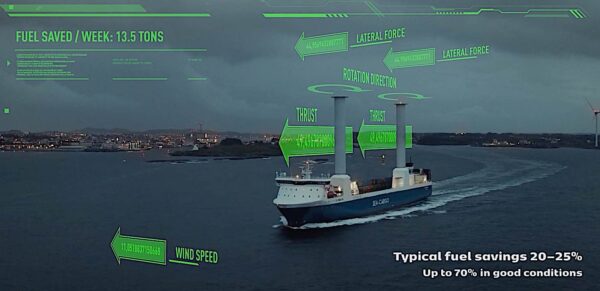
With at least two COVID-19 vaccinations already showing promise, it may not be long before en masse vaccinations begin. [1]
A critical question for most employers is whether they have the ability to formally require their employees to get vaccinations before they start coming back to the office.
Because of how novel the coronavirus pandemic is, there is little precise precedent to go by. However, experts have offered their views as to how far employers can go to make sure their workers are vaccinated.
Can They Make Vaccinations Mandatory?
Giving his answer to this question, Stephen Wolpert—a partner at Whitten and Lublin—has said it’s generally not feasible for employees to have hard-line vaccination requirements. [2]
As a matter of Canadian employment law, employers are not able to give their employees specific directives to take a vaccine or any kind of medication. Legal provisions such as Section 11 of the Civil Code of Quebec and the Charter of Human Rights and Freedoms explicitly prohibit it.
With particular reference to COVID-19, the vaccine is generally to be taken on a completely voluntary basis. The Ontario health minister confirmed that during a press briefing. [3]
Besides the lack of legal grounds for such a move from employers, there are human rights considerations that make a directive like that prone to being contested in court—and difficult to defend.
How Far Can Employers Go?
There are options available to employers who want to maintain or at least help build a COVID-free working environment, however.
For one, they are able to ask employees for proof that they have taken the vaccine, which is altogether different from issuing a direct order that they should take it.
There is a legal precedent for this in Canadian case law. Healthcare workers who opted not to take flu shots were—unlike those who had—required to wear masks at work. [4]
In a similar vein, employers may have legal bandwidth to enforce certain measures on employees who have not taken the vaccine. This could take the shape of allowing vaccinated employees back-to-normal freedoms that may not be available to those who are yet to be vaccinated.
As far as legal standing, such measures would fall within employer prerogatives that are prescribed by the Occupational Health And Safety Act. [5]

However, there are unsettled legal questions about how far employers would be able to enforce these regulations. For employees with no legitimate reason for refusing to take the vaccine, there might be significant leeway.
For those who can provide a legitimate reason why they are not able to take the vaccine, employers may not have as much room to enforce vaccination measures, even in the explicit interests of workplace safety.
Businesses offering services that require high employee-customer contact may fall into different legal territory. The Canada Labour Code—and other provincial and territorial legislation—states that employee freedoms may be curtailed in the interest of public safety. [6]
In cases such as these, employers are likely to have more defensible legal grounds for requiring their employees to get vaccinated.
Sources:
2.https://law.hrmonline.ca/toronto/?
5.https://www.labour.gov.on.ca/english/hs/faqs/ohsa.php
6.https://laws-lois.justice.gc.ca/eng/acts/L-2/































